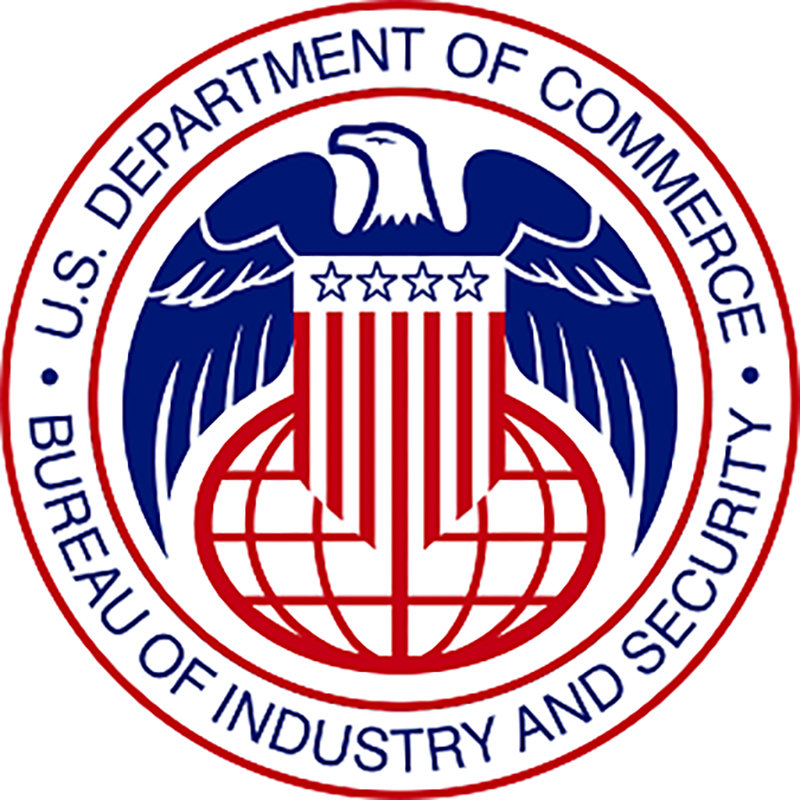A bipartisan group of House lawmakers, including the chairman and ranking member of the House Select Committee on China, unveiled legislation yesterday creating a new structure within the US government to prosecute international trade crimes.
This bill would direct DOJ to establish a new structure dedicated to prosecuting nternational trade crimes in order to enhance US capabilities for detecting, investigating and prosecuting trade fraud, duty evasion, transshipment and other trade-related crimes.
The United States is asking Mexico to review whether workers at a Chinese-owned manufacturing facility located in Mexico are being denied worker rights. The request, under the US-Mexico-Canada Agreement’s rapid response labor mechanism, seeks information on whether workers at the Impro Industries Mexico, S. de R.L. de C.V. facility in the city of Villa de Reyes in the State of San Luis Potosí, Mexico, are being denied the right to freedom of association and collective bargaining.
Impro is a Hong-Kong based maker of cast and machined component parts for use in the aerospace, energy, medical, automotive, and agricultural industries,. Impro’s 'Phase One' Project features a 1,200,000 square feet facility, 45km south of the San Luis Potosi International Airport.
OFAC announced a $7,452,501 settlement with State Street Bank and Trust Company on behalf of itself and its subsidiary, Charles River Systems, Inc. State Street agreed to settle its potential civil liability for 38 apparent violations of OFAC's Ukraine-/Russia-Related sanctions.
The apparent violations involved invoices that were redated or reissued by Charles River between 2016 and 2020 for certain customers who were subject to Directive 1 of Executive Order 13662, as well as certain payments outside of the applicable debt tenor (maturity range) accepted by Charles River from these customers.
Read more of our coverage



